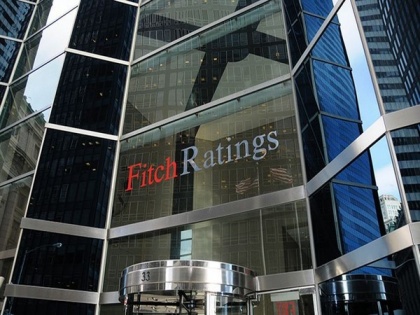Fitch revises Indian GREs' and HPCL's outlook to negative, affirms IDRs at BBB-minus
By ANI | Published: June 23, 2020 10:45 AM2020-06-23T10:45:18+5:302020-06-23T11:05:06+5:30
Fitch Ratings has revised the outlook on long-term issuer default ratings of six rated Indian government-related entities to negative from stable.

Fitch revises Indian GREs' and HPCL's outlook to negative, affirms IDRs at BBB-minus
Fitch Ratings has revised the outlook on long-term issuer default ratings of six rated Indian government-related entities to negative from stable.
The entities' long-term IDRs are affirmed at BBB-minus. The rating action follows the revision of the outlook on India's BBB-minus sovereign rating to negative from stable on June 18.
The affected entities are Indian Oil Corporation, Bharat Petroleum Corporation, Oil India, GAIL India, Power Grid Corporation of India and NTPC.
Fitch has also revised the outlook on Hindustan Petroleum Corporation to negative from stable and affirmed the long-term IDR at BBB-minus.
The negative outlook on India reflects the country's weakened growth prospects and challenges associated with a high public-debt burden. Fitch expects GDP to contract by 5 per cent in the fiscal year ending March 2021 (FY21) following strict lockdown measures imposed since March 25 to curb the spread of the coronavirus.
Besides, said Fitch, India's fiscal metrics have deteriorated significantly despite the government's expenditure restraint due to the impact of the severe growth slowdown on revenue, the fiscal deficit and public-sector debt ratios.
The agency expects general government debt to jump to 84.5 per cent of GDP in FY21 from an estimated 71 per cent of GDP in FY20. Weak implementation of fiscal rules stipulated in the Fiscal Responsibility and Budget Management Act contributes to Fitch's view that a speedy fiscal improvement after the pandemic recedes is unlikely.
( With inputs from ANI )
Open in app